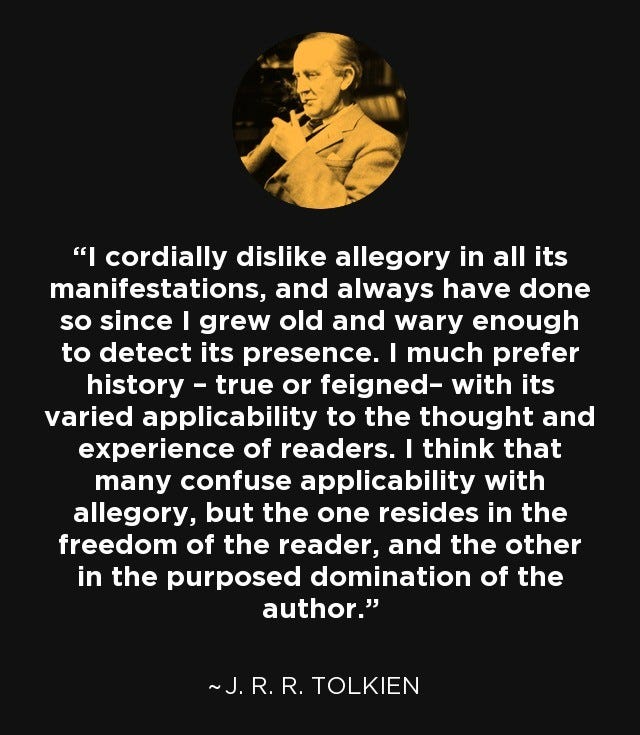Today’s lesson is, these readings don’t always mean what you think they mean. It’s not a question of ambiguity and interpretation, but more about the societal context in which they were written, as opposed to where we are now.

Reading 1
Is 40:1-11
Comfort, give comfort to my people, says your God. Speak tenderly to Jerusalem, and proclaim to her that her service is at an end, her guilt is expiated; Indeed, she has received from the hand of the LORD double for all her sins.
A voice cries out: In the desert prepare the way of the LORD! Make straight in the wasteland a highway for our God! Every valley shall be filled in, every mountain and hill shall be made low; The rugged land shall be made a plain, the rough country, a broad valley. Then the glory of the LORD shall be revealed, and all people shall see it together; for the mouth of the LORD has spoken.
A voice says, "Cry out!" I answer, "What shall I cry out?" "All flesh is grass, and all their glory like the flower of the field. The grass withers, the flower wilts, when the breath of the LORD blows upon it. So then, the people is the grass. Though the grass withers and the flower wilts, the word of our God stands forever."
Go up onto a high mountain, Zion, herald of glad tidings; Cry out at the top of your voice, Jerusalem, herald of good news! Fear not to cry out and say to the cities of Judah: Here is your God! Here comes with power the Lord GOD, who rules by his strong arm; Here is his reward with him, his recompense before him. Like a shepherd he feeds his flock; in his arms he gathers the lambs, Carrying them in his bosom, and leading the ewes with care.
Since the first voice is quoted by John the Baptist, I assumed this section of Isaiah is prophesy about the Messiah. But according to the footnotes on the USCCB website, this is actually part of “Deutero-Isaiah.” Chapters 40-55 of Isaiah were written centuries later than the first part, during the Babylonian exile.
What’s being described here is not a road being made ready for the Lord, but rather being made ready for the returning Israelites, led by the Lord.
Still, it works both ways, which is why John quotes it. It works both ways for us, as well. We will be led out of the exile of sin back to the Holy City.
And of course, the last line ties in nicely with the Gospel reading.
Responsorial Psalm
Ps 96:1-2, 3 and 10ac, 11-12, 13
R. The Lord our God comes with power.
Sing to the LORD a new song;
sing to the LORD, all you lands.
Sing to the LORD; bless his name;
announce his salvation, day after day.
R. The Lord our God comes with power.
Tell his glory among the nations;
among all peoples, his wondrous deeds.
Say among the nations: The LORD is king;
he governs the peoples with equity.
R. The Lord our God comes with power.
Let the heavens be glad and the earth rejoice;
let the sea and what fills it resound;
let the plains be joyful and all that is in them!
Then let all the trees of the forest rejoice.
R. The Lord our God comes with power.
They shall exult before the LORD, for he comes;
for he comes to rule the earth.
He shall rule the world with justice
and the peoples with his constancy.
R. The Lord our God comes with power.
Once God has done something great in your life, be sure to tell everyone about it. Everyone. Even the sea, the plains, and the trees. No one is going to be prepared for Jesus if you don’t help them get ready.
Alleluia
R. Alleluia, alleluia.
The day of the Lord is near;
Behold, he comes to save us.
R. Alleluia, alleluia.
Counting down the days until Christmas!
Gospel
Mt 18:12-14
Jesus said to his disciples: "What is your opinion? If a man has a hundred sheep and one of them goes astray, will he not leave the ninety-nine in the hills and go in search of the stray? And if he finds it, amen, I say to you, he rejoices more over it than over the ninety-nine that did not stray. In just the same way, it is not the will of your heavenly Father that one of these little ones be lost."
I have deuteranomalous colorblindness, which means I have trouble seeing reds and greens, or colors with red and green in them. For example, grey and pink look the same to me.
So, when I heard the song “Pink Elephants on Parade” as a little kid, I thought the songwriters just needed an extra syllable. I believed elephants really were pink.
I was about 20 years old when I discovered I had inferred incorrectly. I was about twice that age when I learned I’ve been misunderstanding the Parable of the Lost Sheep my entire life.1
Even though Jesus asked for the disciples’ opinion on the story, we don’t actually get it. I personally don’t have a ton of experience with sheep, but from the context, I always assumed they would agree with Jesus’ description of shepherds.
In fact, like the song about pink elephants, Jesus was describing something totally absurd.
No shepherd would leave his entire flock for one sheep. That’s reckless and irresponsible. One sheep doesn’t matter that much. It’d be crazy to go chasing after the one.
But that’s not how Jesus sees things. We are that important to him. He wants to bring us back from our sin.2 He'll go chasing you all over the world to bring you back, like he brought the Israelites back from Babylon.
Now remember, parables aren’t allegories. Don’t go dissecting each element of the plot. There is one, simple point to the story: Jesus loves you to a crazy degree. He’s not abandoning anyone else to get to you or me, because He’s not limited in the way a shepherd is. Save that kind of analysis for a Tolkien book or something.
Thanks to Fr. Mike and the Bible in a Year podcast.
That part of the metaphor didn’t get lost in translation, at least.







